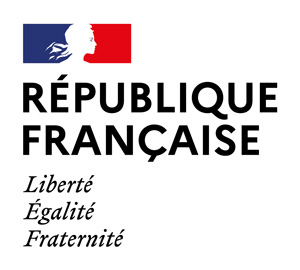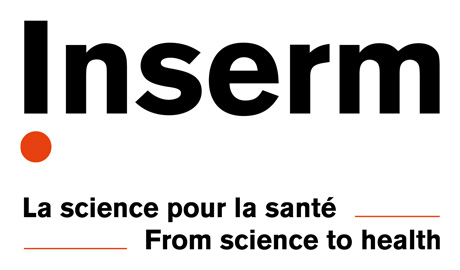





Type of contract PhD
Location Gif-sur-Yvette,
Statut Available
Key Words
Details of the offer
Type of job
Type of contract PhD
Application deadline
Employment start date
Contact
Dr Philippe Ciuciu: philippe.ciuciu@cea.fr / philippe.ciuciu@inria.fr
Dr Alexandre Vignaud: alexandre.vignaud@cea.fr
KEY WORDS | magnetic resonance imaging (MRI), ultra-high magnetic fields, neuroimaging |
CITY | Gif-Sur-Yvette |
COUNTRY | France |
DETAILS OF THE OFFER | Working place: NeuroSpin (CEA Saclay, Gif-sur-Yvette, France) in the MIND team. Abstract: Magnetic resonance imaging (MRI) has become the reference modality to probe the brain non-invasively, but its clinical use remains constrained to a millimetric spatial resolution to limit the duration of the examinations. New accelerated MRI acquisition techniques based on the theory of compressive sampling have been developed at NeuroSpin (SPARKLING technology), allowing access to susceptibility-weighted 3D imaging at 7 Tesla in 3 minutes at an isotropic resolution of 500µm. At this scale, the subject's movements in the MRI can have a deleterious impact on the images by inducing blur, loss of contrast or ghosting artifacts. The usual strategies for motion compensation focus on retrospective correction, once the examination is completed, during the image reconstruction phase, either by variational techniques or by using neural networks trained to correct simulated motions on reference data. In this PhD thesis, we propose new prospective correction strategies, i.e. during the examination, which rely on both the ability of SPARKLING to detect movements (rotation and translation) in 3 dimensions, and then to predict which new data to collect in the acquisition space (k-space) to compensate for those corrupted by the detected movement. These strategies are intended to be unsupervised because they proceed without reference data. They are based on reinforcement learning methods allowing to build new active sampling rules. The methods will first be validated in silico, then experimentally on the 7Tesla MR system at NeuroSpin on phantom using controlled induced motion, and finally on healthy volunteers on whom we will perform susceptibility imaging at 500µm isotropic resolution. Profile and skills required: We seek candidates that are strongly motivated by challenging research topics at the cross-road between medical imaging (notably MRI) and deep learning. Applicants should have a strong mathematical background with knowledge in numerical optimization and machine/deep learning. Basic knowledge in MRI are welcome and will be graded as a plus but are not mandatory. In regards to software engineering, proficiency in Python is expected and should be demonstrated through projects for instance visible on Github. A preliminary experience in a deep-learning library such as TensorFlow/Keras or Pytorch is mandatory
|
TYPE OF JOB | PhD position |
TYPE OF CONTRACT | CDD (temporary / 3 years) |
APPLICATION DEADLINE | 15 MAY 2023 |
EMPLOYMENT START DATE | 1 OCT 2023 |